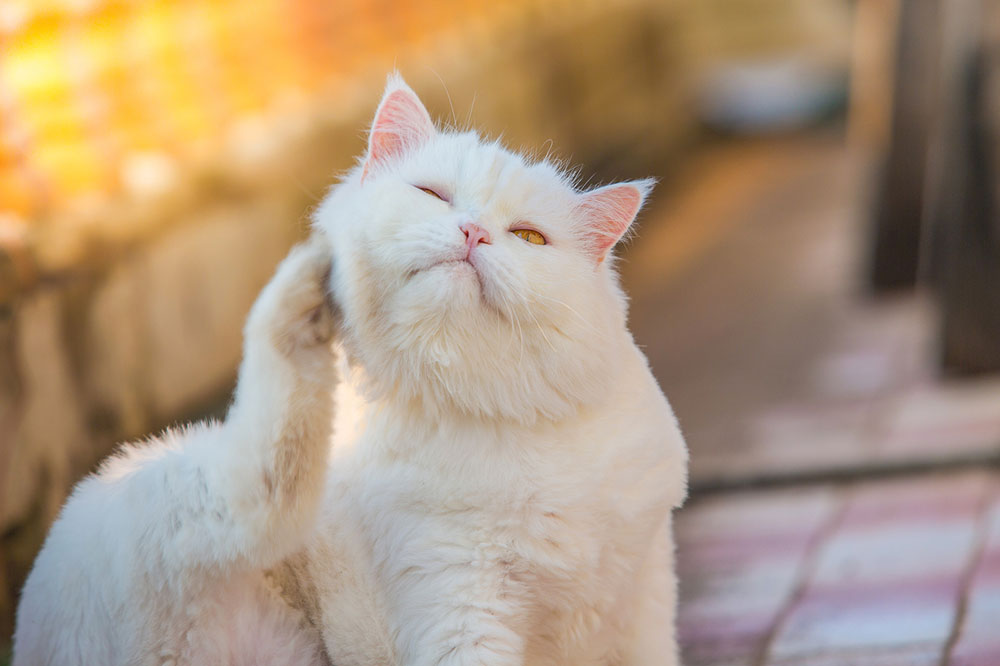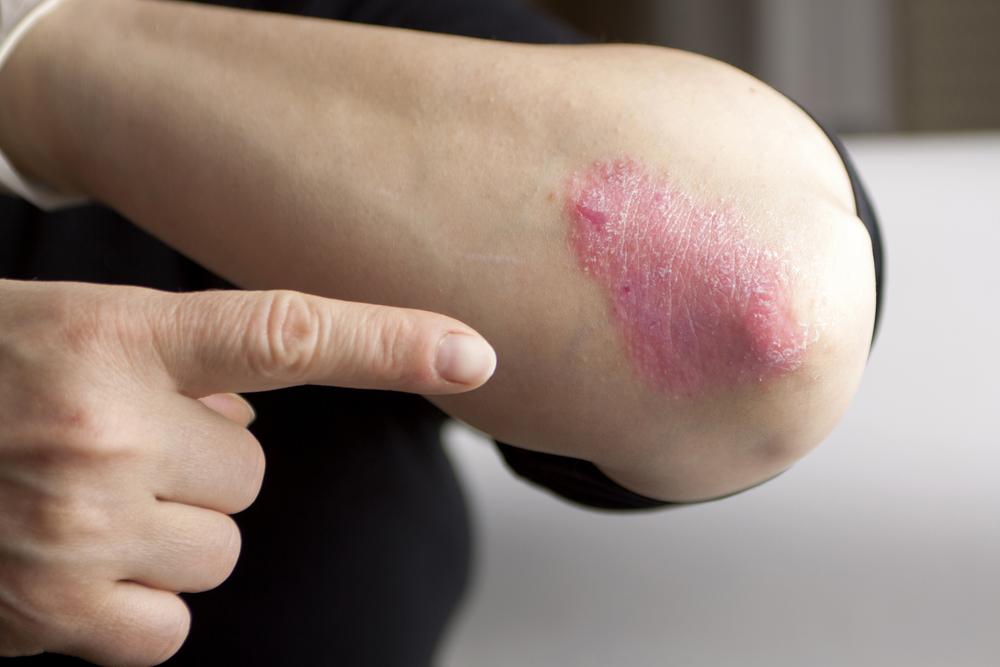Managing Feline Skin Allergies: Effective Dietary Solutions
This article offers a comprehensive guide to managing cat skin allergies through diet. It discusses common allergies, symptoms to watch for, and provides top recommendations for hypoallergenic and specially formulated cat foods. Proper nutrition, combined with veterinary advice, can significantly reduce discomfort and improve your cat’s skin and overall health.
Sponsored

Addressing Skin Allergies in Cats: Nutritional Approaches
Skin sensitivities are a frequent concern among cats, often causing discomfort such as persistent itching, sneezing, or even vomiting. These reactions stem from an immune system response to certain allergens, including foods and environmental factors. With proper diagnosis and care, many of these issues can be mitigated. Opting for specialized cat foods designed for skin health can significantly alleviate symptoms. Here, we explore common feline skin allergies and the best dietary choices to support your cat’s recovery and comfort.
Typical Skin Allergies in Cats
Abscesses
Localized skin wounds caused by scratching or trauma can become infected, leading to abscess formation. The treatment varies based on infection severity.
Feline acne
Blackheads around the lips and chin, often due to contact with certain shampoos, food containers, or water dishes, can cause skin issues.
Ear mites
Signs include frequent head shaking, ear tilting, and brown wax near the ear canal.
Food allergy dermatitis
Allergic reactions to artificial additives or preservatives may lead to intense itching on the back, neck, or face, with possible eye swelling.
Ringworm
Highly contagious, it appears as circular patches, hair loss, and red rings. Veterinary treatment and cleaning are necessary.
Psychogenic alopecia
Excessive grooming due to stress causes fur thinning, often on the back or belly. Managing stress and diet can help.
Preventing Allergies
Always consult a veterinarian for diagnosis and treatment. Dietary adjustments play a crucial role; switching to hypoallergenic foods can reduce allergic reactions by excluding common allergens and containing easily digestible ingredients. Some triggers include food intolerances, environmental allergens like pollen or dust, insect bites, bacterial infections, or mites.
Recognizing symptoms such as skin redness, hair loss, crusty patches, excessive licking, and foul odor can help detect allergies early. Choosing the right diet tailored for skin health can significantly improve your feline companion's well-being.
Top Dietary Options for Managing Cat Skin Allergies
Royal Canin Hypoallergenic HP Dry Food
Formulated with hydrolyzed soy proteins and limited ingredients, this diet minimizes immune reactions, promoting skin and digestive health with added omega fatty acids and fiber.
Hill’s z/d Companion Food
This wet formula reduces gastrointestinal and skin sensitivities, containing highly hydrolyzed chicken liver protein and antioxidants to bolster immune defenses.
Hill’s d/d Skin & Food Sensitivities (Canned)
Free from soy, grains, and gluten, it features antioxidants and fatty acids to support shiny skin and a healthy coat, ideal for sensitive or allergic cats.
Blue Buffalo Basics Grain-Free
With duck as the primary protein, enriched with peas and pumpkin, this formula avoids common allergenic ingredients and promotes digestion and skin health.
Instinct Limited Ingredient Diet for Allergies
Made with real turkey, this complete canned diet excludes typical allergens and enhances immune resilience with natural omegas, suitable for picky or sensitive cats.
Choosing the right diet and consulting with a vet ensures effective management of feline skin allergies, leading to a happier, healthier cat.






